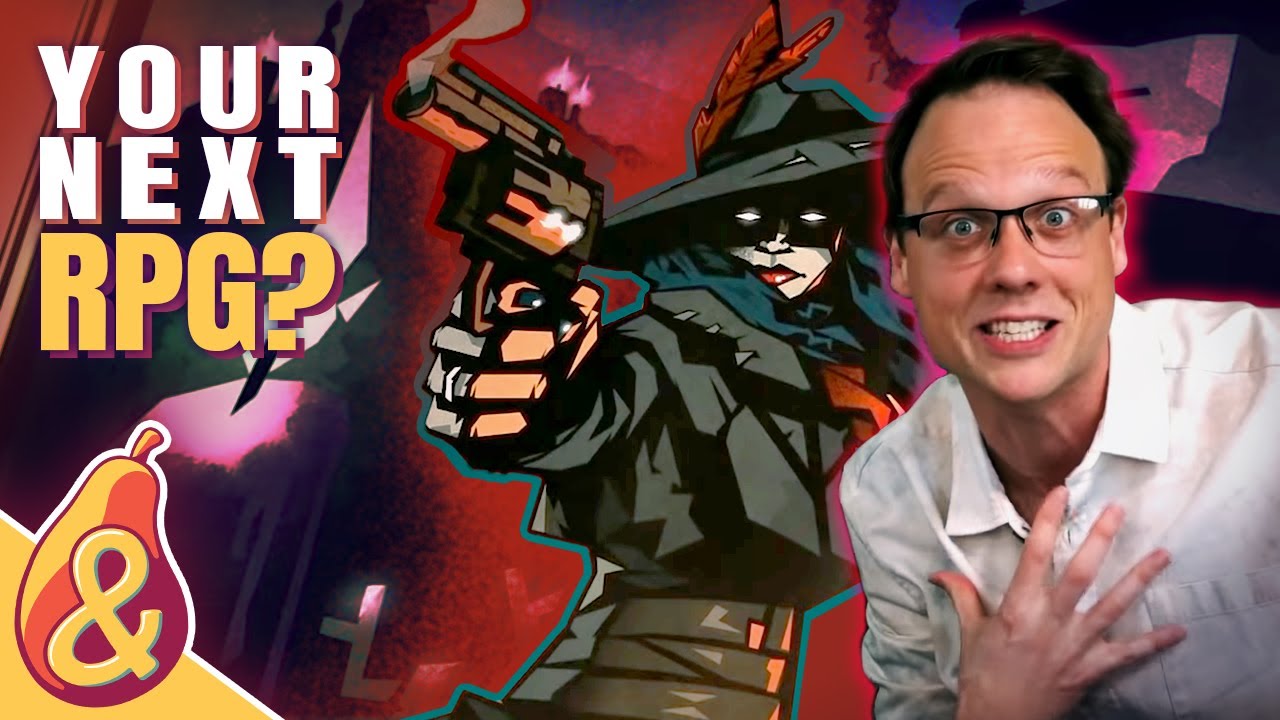2022-05-19T17:45:31Z
Quinns was able to articulate my biggest problem with using pre-made worlds: how are the GM and players supposed to know this setting well enough to roleplay in it.
It’s why I always prefer to worldbuild as a group during character creation, but also why I haven’t roleplayed in years, because who has the time to collaboratively world-build and then also run sessions?
@12:28. This. A thousand times this.
As a GM, I struggle to “connect” to premade adventures much less premade settings. I do not enjoy reading fictional non-fiction of world details. My worlds start of as a sketch (and possibly sketchy) and details are added through ad-libbing and throw-away details provided my players and myself. Rich and detailed they are not, but they get the job done.
As a former roleplayer/GM who will likely never properly roleplay again (at least in the short to medium term), it was pleasing to hear about newer systems but also saddening to hear that only one of my former systems was in his playlist of memorable games/campaigns. I’m guessing there is about a ten year age gap between him and me, but only iterations of D&D connect us, and so many of those great 80s systems I grew up with seem so long forgotton.
I’m pretty similar, but I do like flicking through pre-made stuff for ideas of things I could add to a world. Like a creature or a place that can offer interesting questions of why it would appear in the world and how the players might be led to encounter it.
Funnily enough, the base city in my current D&D campaign was inspired by Spire. It’s a spire city with tension between drow and high elves - though I took that in quite a different direction, with both “ruling” the city but with different priorities, etc.
Also coincidentally, my current fantasy campaign (using Savage Worlds) is based on the city of Istanbul with the “drow” (a slur used against the white elves (because underground races should be pale, not dark)) threatening to invade from below while also weaseling their way into politics and the criminal underworld. The PCs (who are refugees from a town taken over by the drow) are on a quest that will result in the genocide of all elves if they don’t realize it (or care… they don’t really care for elves in general) and stop in time. So, it’s like pre-Spire except in reverse.
(Writing here mostly from a habitual-GM perspective.)
I’ve had this game for a while in PDF, but never run it. Part of that is because my players (across multiple groups) tend to play to escape: to be the heroes, to be the people who do get to solve problems by punching them. A little futility and oppression can work, but, well, I’m reminded of Greg Porter’s Interregnum: you are in the Resistance. The Resistance is going to lose. The game is about what you achieve before you lose. And several players I know have said they have no interest at all in playing it… Even classic Lovecraftian gaming, which has a similar downward power track, makes it clear that you are making a difference at the cost of your health and sanity and so on, that you may save the world even if the world never knows it, and I didn’t get that feeling here. (Nor by my reading of the book – lots of stuff about how you do the mission and live or die, very little about any sense of progress from one mission to another.)
It was during the discussion of the Azurite that I was struck by another problem: there’s a lot of stuff here, but it’s hard to extrapolate. Yeah, I can take a wound to my bank balance (presumably instead of my hit points), or spend money to travel back in time, but what does that represent in the world of the game? Am I waving my wallet and bribing the attacker to go away? I’ve got this very restricted set of powers that seem to have no connections between them – but as a player I’m always thinking about how I can use the tools I have (whether that’s skills, powers, magic, ultra-tech, etc.) in unexpected ways and in unexpected combinations, and as GM I want to enable that by having a thorough picture of how things work in the world, the underlying “reality” of which the game rules offer merely an imperfect representation. This approach of “the power does X, nothing more nothing less” feels very restrictive.
@pillbox: I run a bit in other people’s worlds (usually ones that are fairly easy to pick up quickly), but mostly in my own, and most of my own worlds are the actual real world plus a twist. It’s 1930s England, but (some) women are learning to do magic (and the men who could aren’t admitting that they can’t any more). It’s 1967, but you’ve just had a drug trial which has left you able to hear people’s thoughts. It’s 2019, but you’re working for the Occult Police. So the players already know how the world works except for the twisty bit, and so do I.
